To prepare for this, I created 4 experimental conditions in terms of what I am injecting in the fly’s food: bitter gourd juice only, sugar only, bitter gourd and sugar, and a control condition. I had to dilute the serving sizes with water since a fly’s serving size is way smaller than a human’s.
1 Comment
“Mom, I need cigarettes” “You need WHAT? YOU MAY NOT BE SMOKING” “Mom, it's for a science project”
Back to the drawing board I went. At this point, It was the day before our first lab day, so I opted for putting nicotine in the fly food. This is where my mom came in. After a few minutes of discussion, she obliged. It turned out that there was a nicotine solution in the lab on Thursday, meaning I didn’t need the cigarettes. This was probably for the better, mostly because I have no clue how to get the nicotine out of one...
Troubleshooting these problems makes me even more excited to see how my experiment turns out. I don’t know if the nicotine will have an effect at all, or if the 10x solution is lethal, or how closely this would simulate humans, but I can’t wait to find that out. As I head into my first data collection day, I can address issues that come up, solve problems I don’t even know exist yet, and continue to refine my project until the final presentation.
You may ask, what about my predictions? I think that my flies will begin to produce very rapidly and that the offspring with have developmental defects such as slow development or altered behaviors. I do not have any data to share yet but I will soon. My collective experience here at TRIP has been very different than what I expected and very different than the last summer program I did at Temple University. The days are not too long which is a plus, and we are able to go get lunch which is really nice and refreshing. My favorite part is how there is always something hands-on for me to do. I have been learning a lot so far and I hope that continues to happen as the program progresses.
Antioxidants, Blue Light, Cataracts, and Another Wonderful Week at TRIP! by Justin Forbes10/18/2019
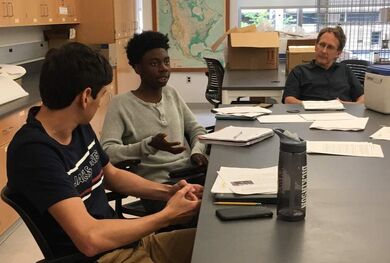 Antioxidants have been shown to be able to protect against free radical damage in cells, and protect them from some types of damage. In my Independent Project I will be looking at which types of antioxidants reduce damage done to the eyes by blue light. In my project I will be exposing adult flies to blue light, but some of the flies will have certain antioxidants in their food. I will have three separate antioxidants, Holy Basil, Selenium, and Vitamin E, and some containers have combinations of two of these antioxidants, and one vial has all three combined. So, while the flies are being exposed to this blue light they will be ingesting antioxidants to hopefully combat the damage. There is one control group that will not be ingesting antioxidants, but will be exposed to the blue light, and there is another control group that will not be eating antioxidants nor will it be exposed to blue light.
Also, I can sometimes be slower than people when doing projects, and I try my best to try and keep up with everybody while not lowering the focus and precision I use when doing the projects. However, one day, I happened to go over the time allotted, and I needed to put the drugs in the fly food, and then put in the flies. Yet, there were lots of people who stayed as long as they could to help me finish up, and with the help of everybody I was able to finish my work that day even though I still went over the time.
Here is my presentation where I explain in more detail the findings of my project: Moving on, I have loved each and every moment of TRIP. A friend of mine recently asked me how my July went. My response? I told him that every part of July that involved TRIP was fantastic, great, and amazing--everything else was was just alright. Coming into the program, I was extremely apprehensive that I would be placed in an environment where everyone around me would understand things much more than I; ultimately, however, I’ve come to learn so much from this experience. Not only did I gain basic lab skills (micropipetting, sorting flies, making stock solutions, etc.), but I also faced many, many challenges. The best example I can think of is my failed courtship project, which showed me that even though I ended up doing something completely different than I had wanted, I didn’t feel dissatisfied with my work--in fact, I felt even more motivated to do something that worked. The “failure” didn’t prove to be a roadblock, but rather a detour. In addition, Dr. Amanda Purdy, Mr. Robert Herbstritt and all of the TAs helped challenge and push me to think outside of the box, to problem solve, and to set my own standards high. If it wasn’t for them, I do not think I would have given a presentation as confidently as I did. Finally, my classmates, from both sessions, were extremely supportive as well! While we may have not been the most talkative group, we all were very ready to help the other out if need be, which was a very nice environment to be exposed to. Thank you all for taking the time to read my blogs, I hope you’ve enjoyed them!
|
Archives
April 2024
Categories
All
|
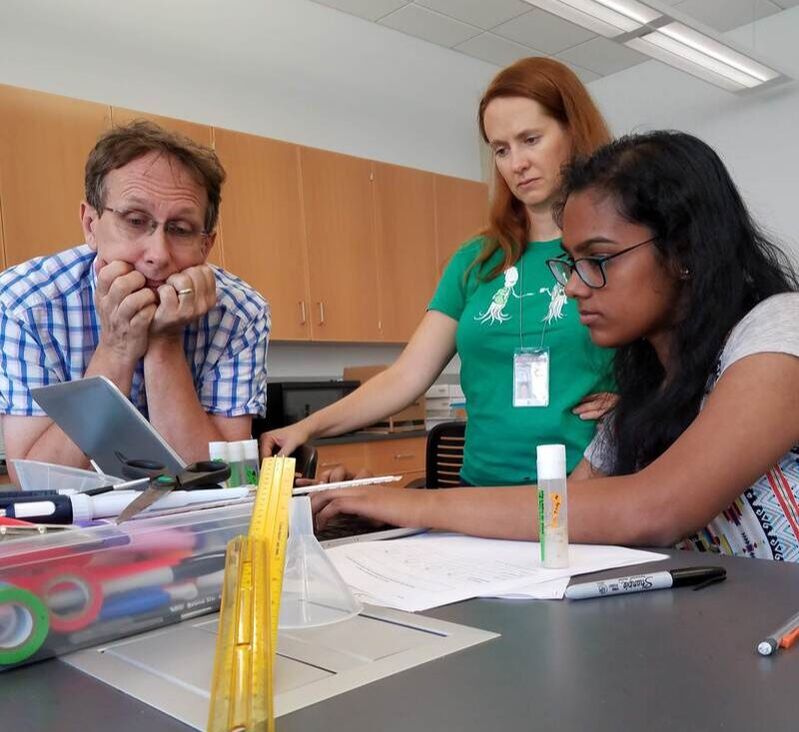
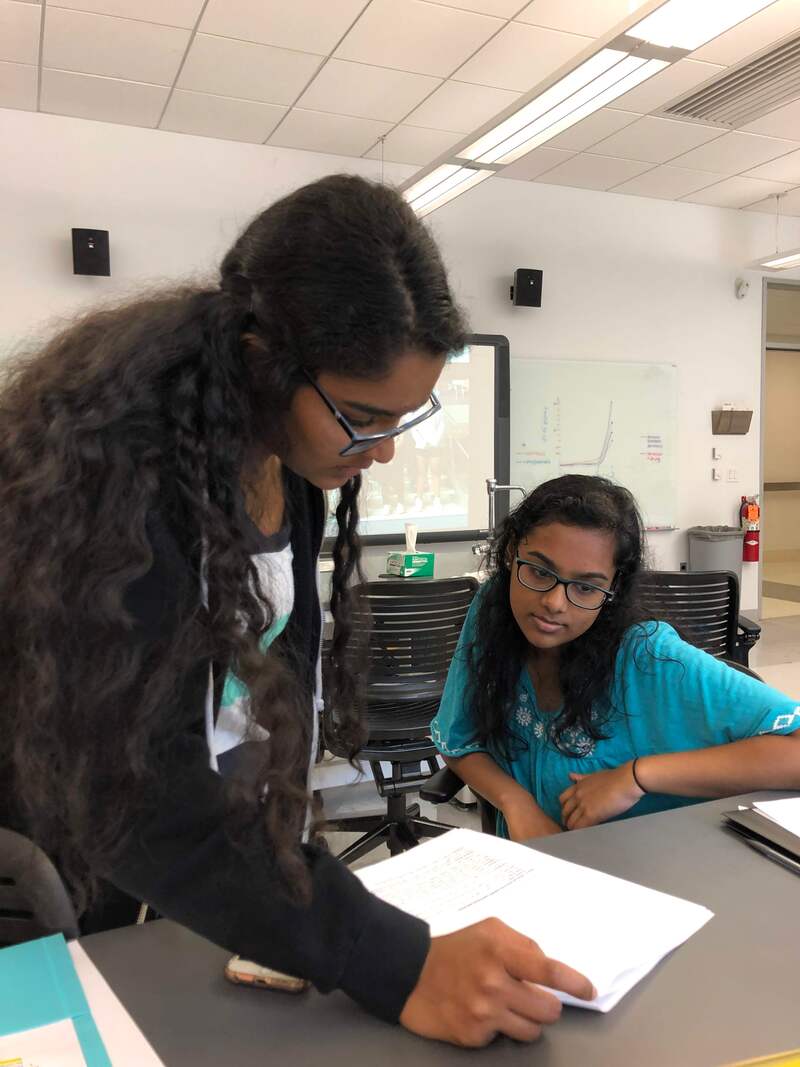
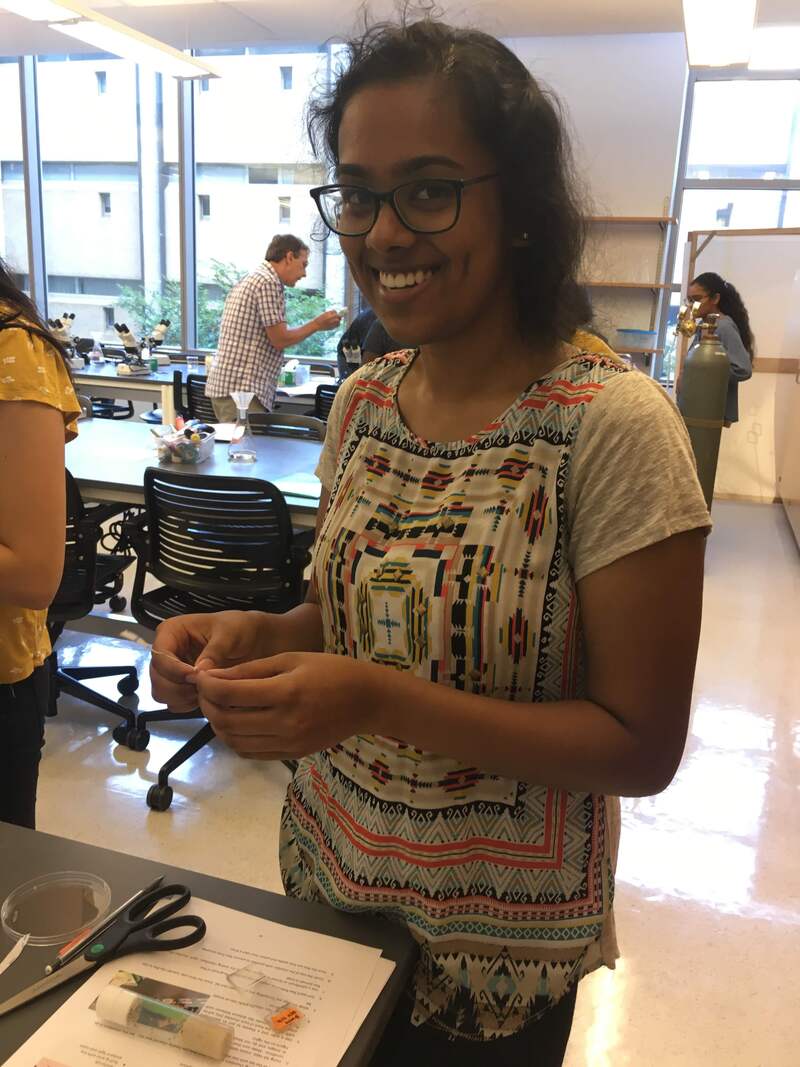
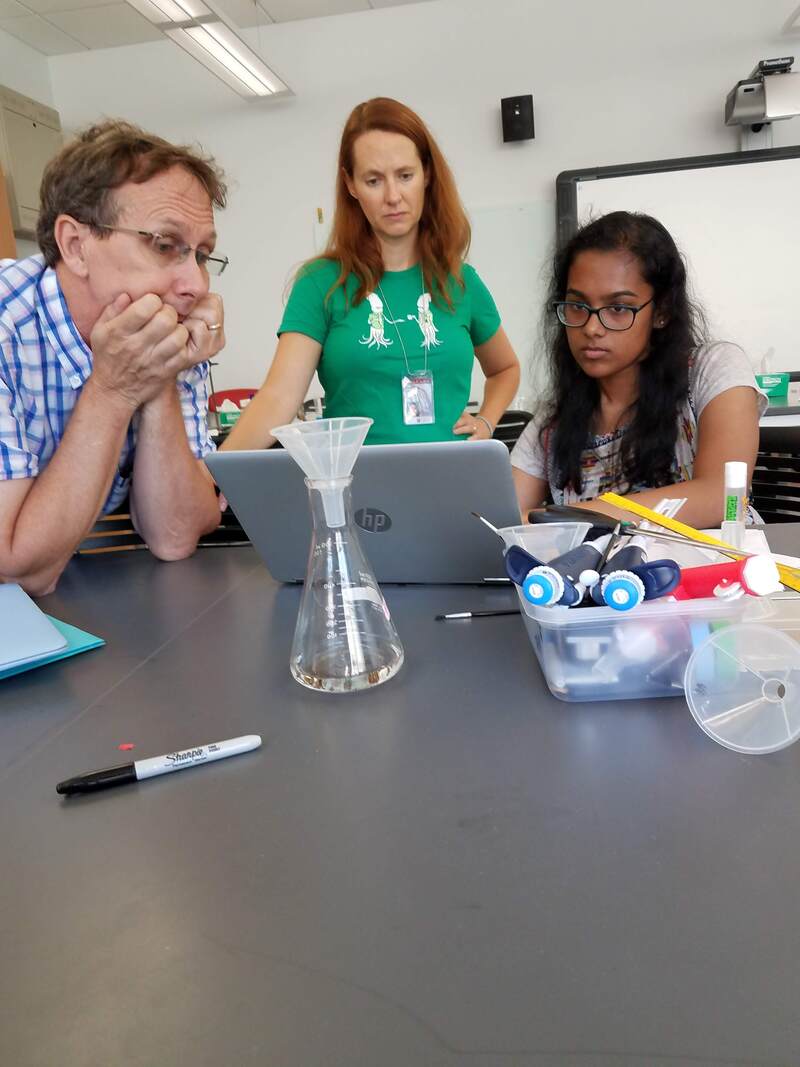
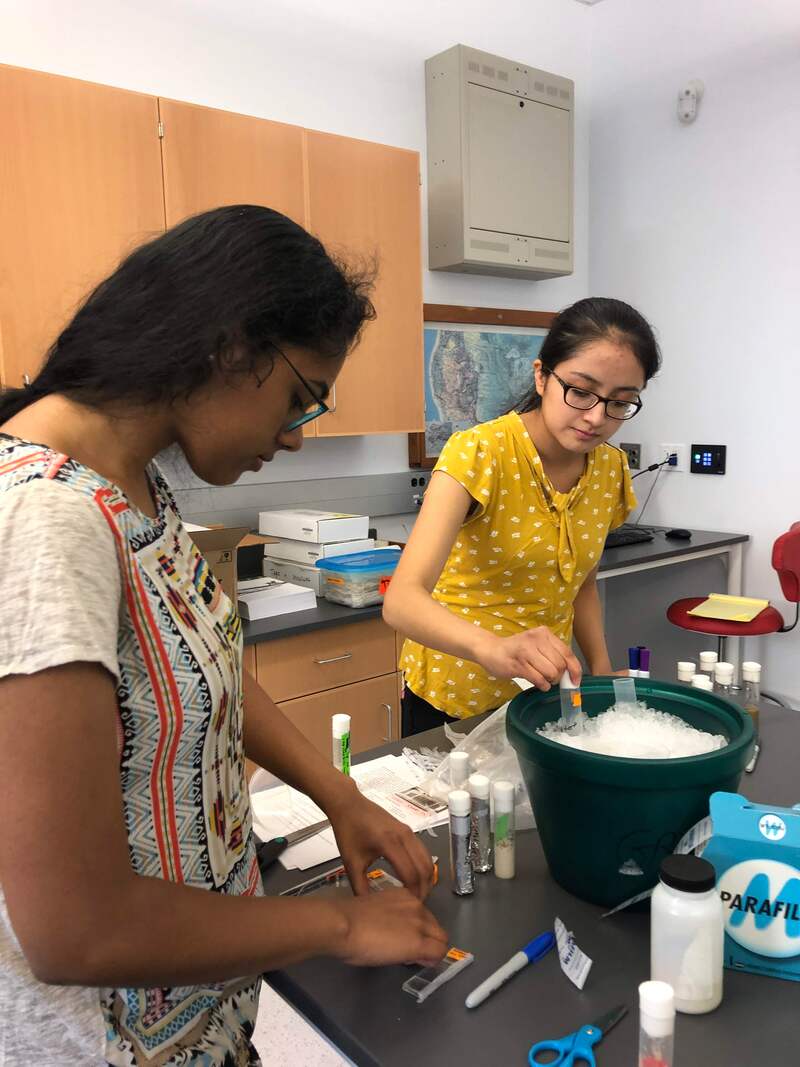
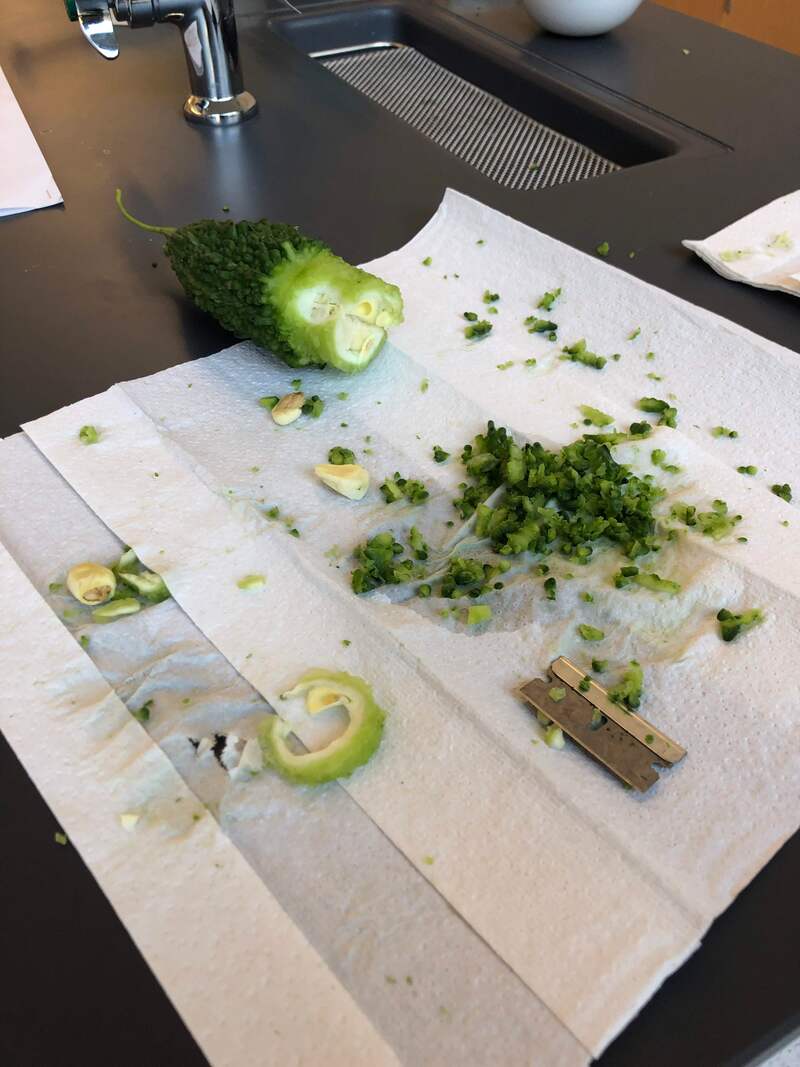
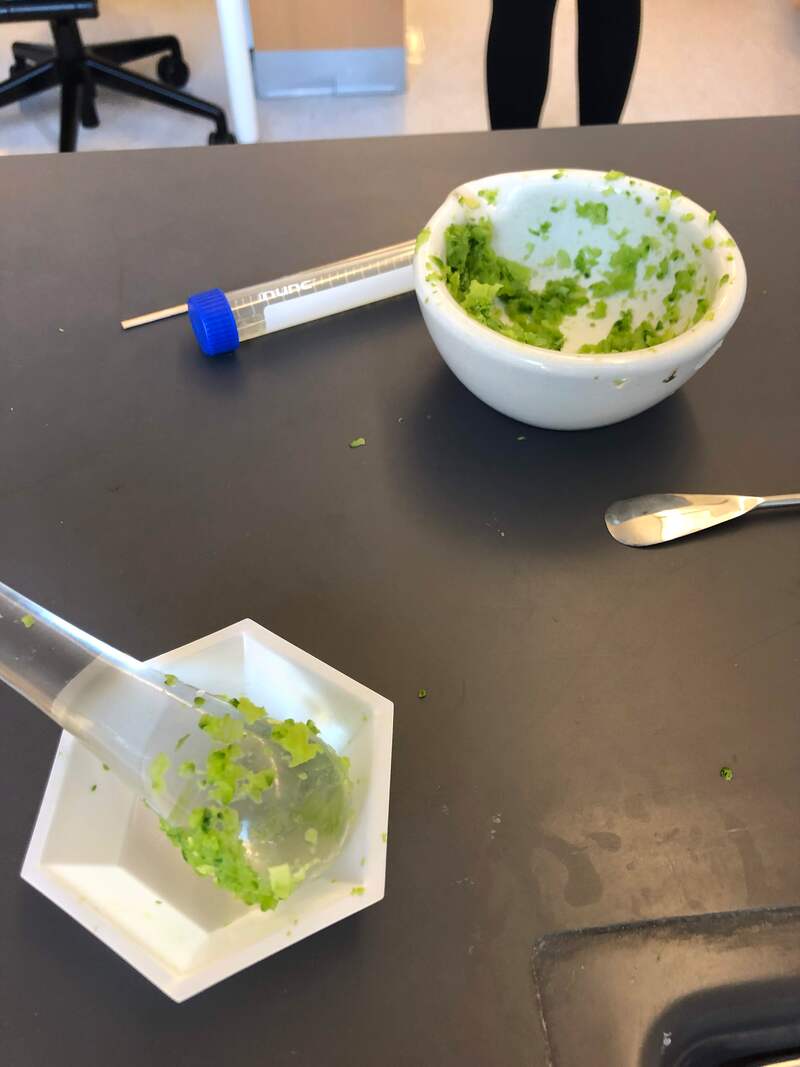
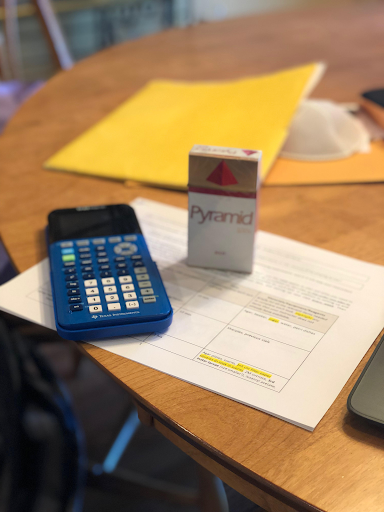

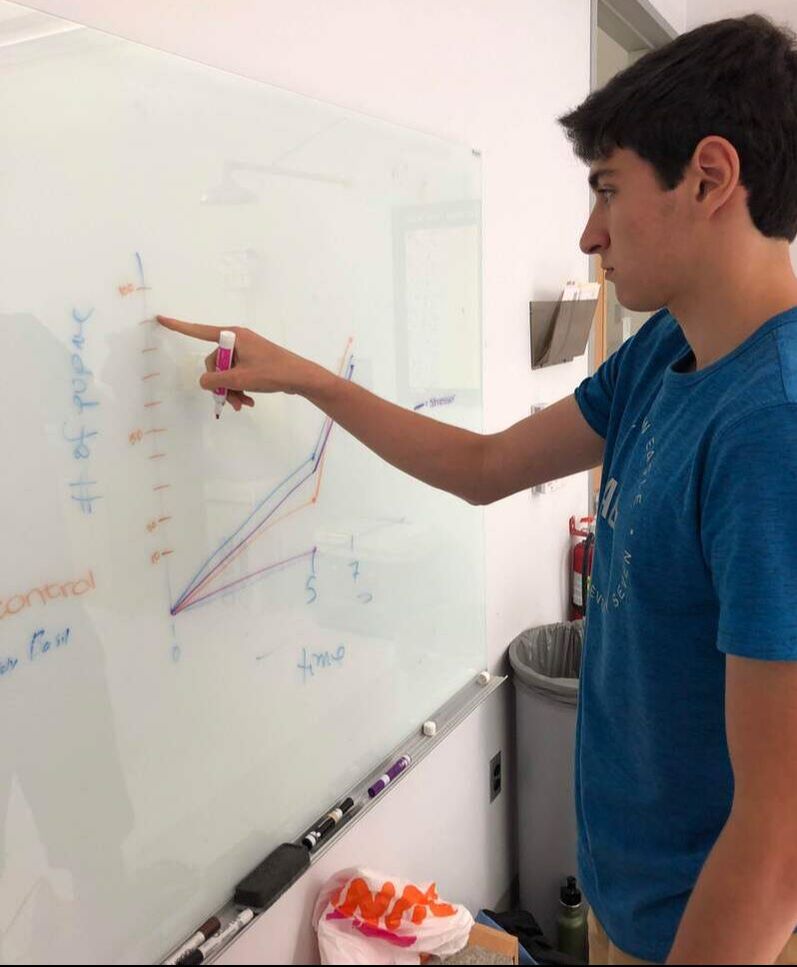
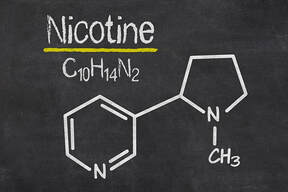
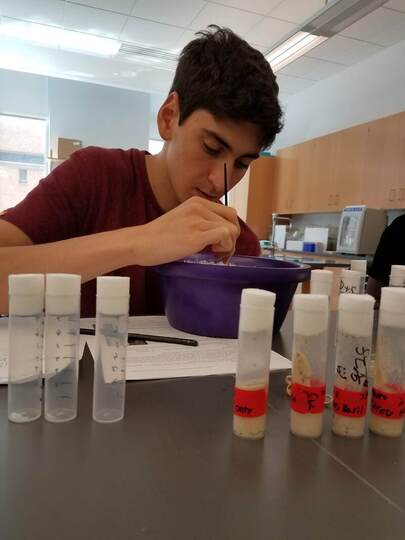
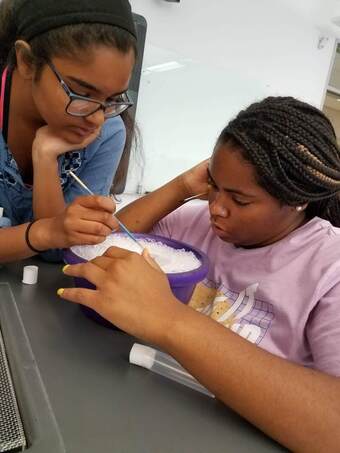
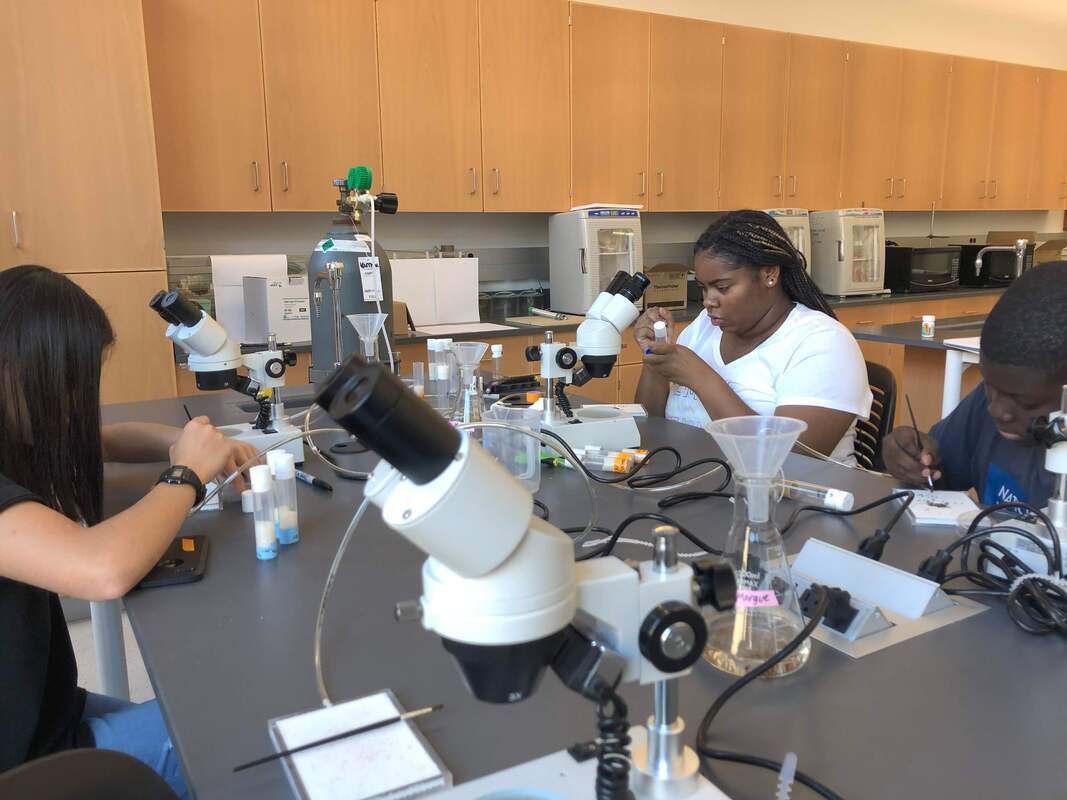
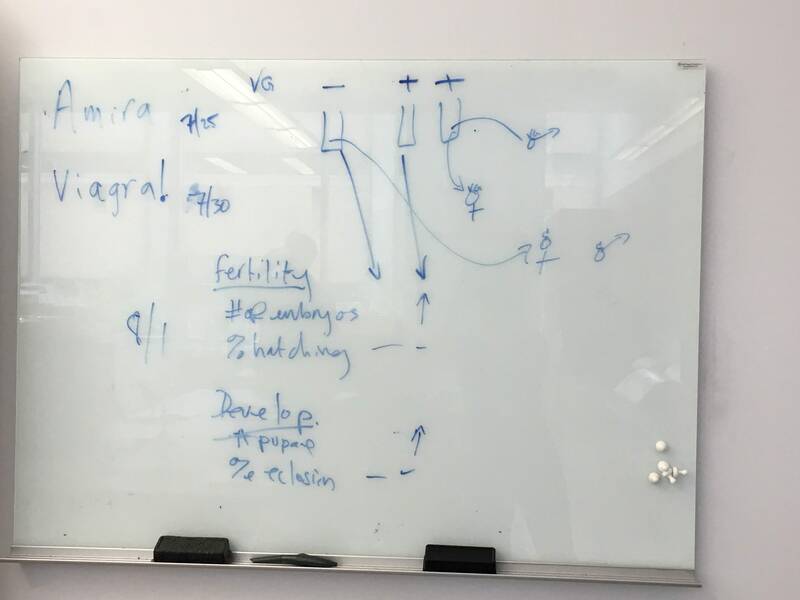
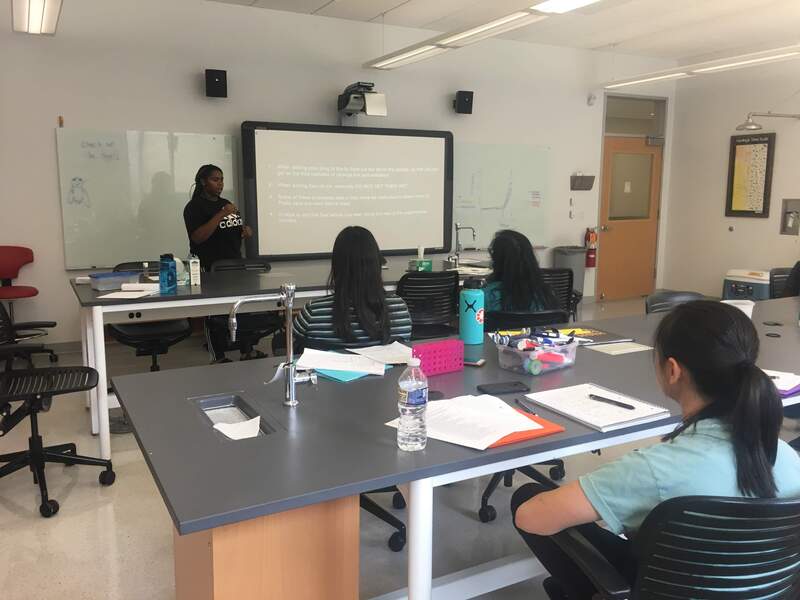
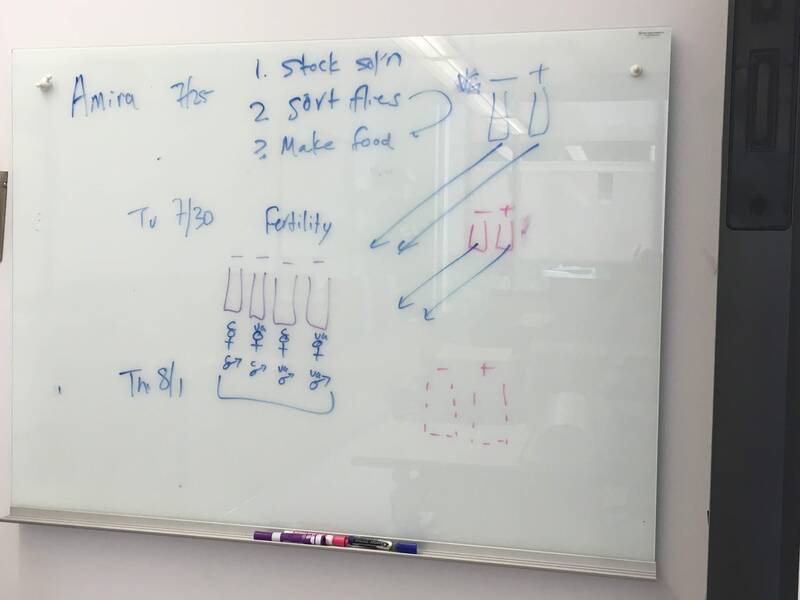
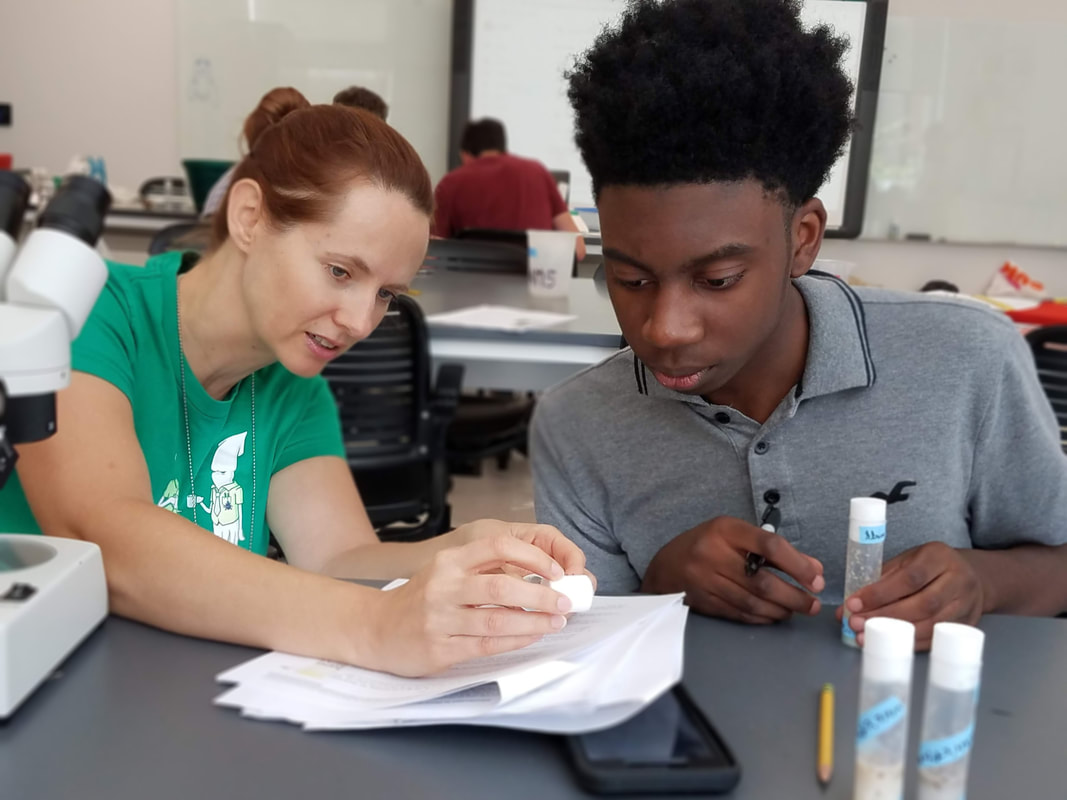
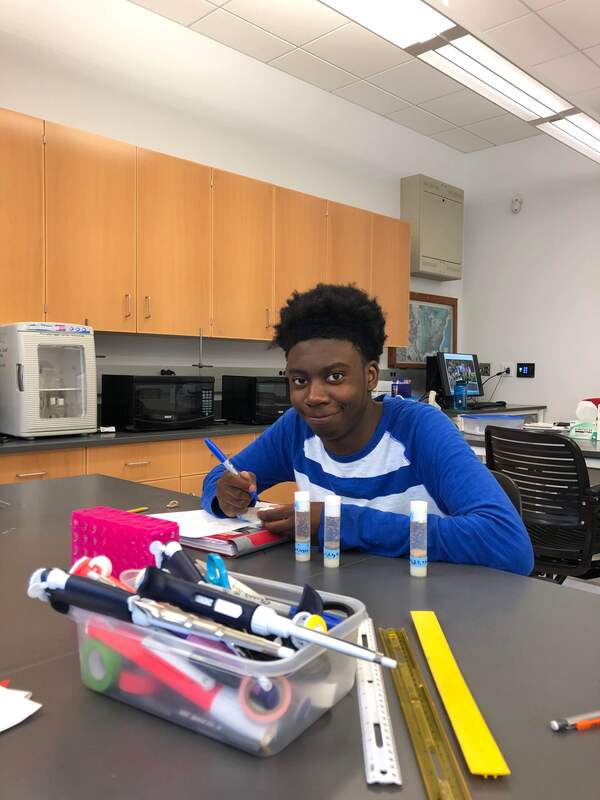
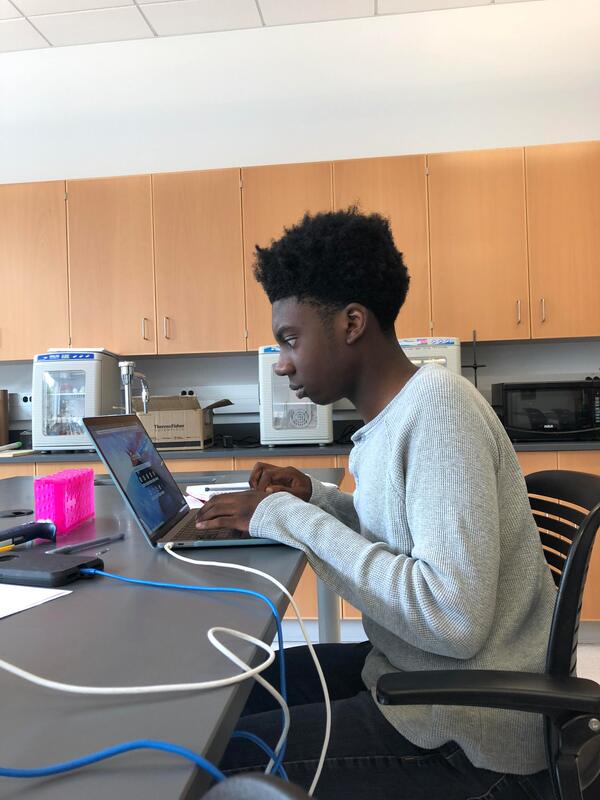
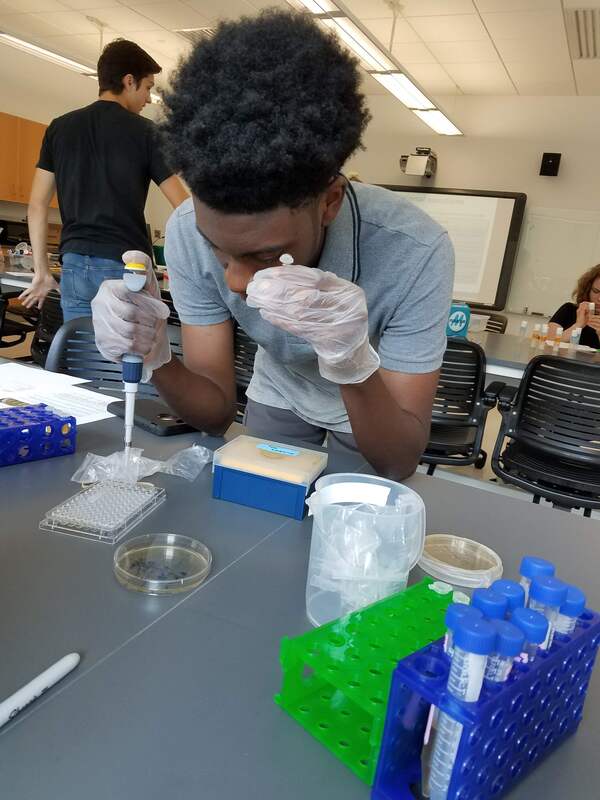
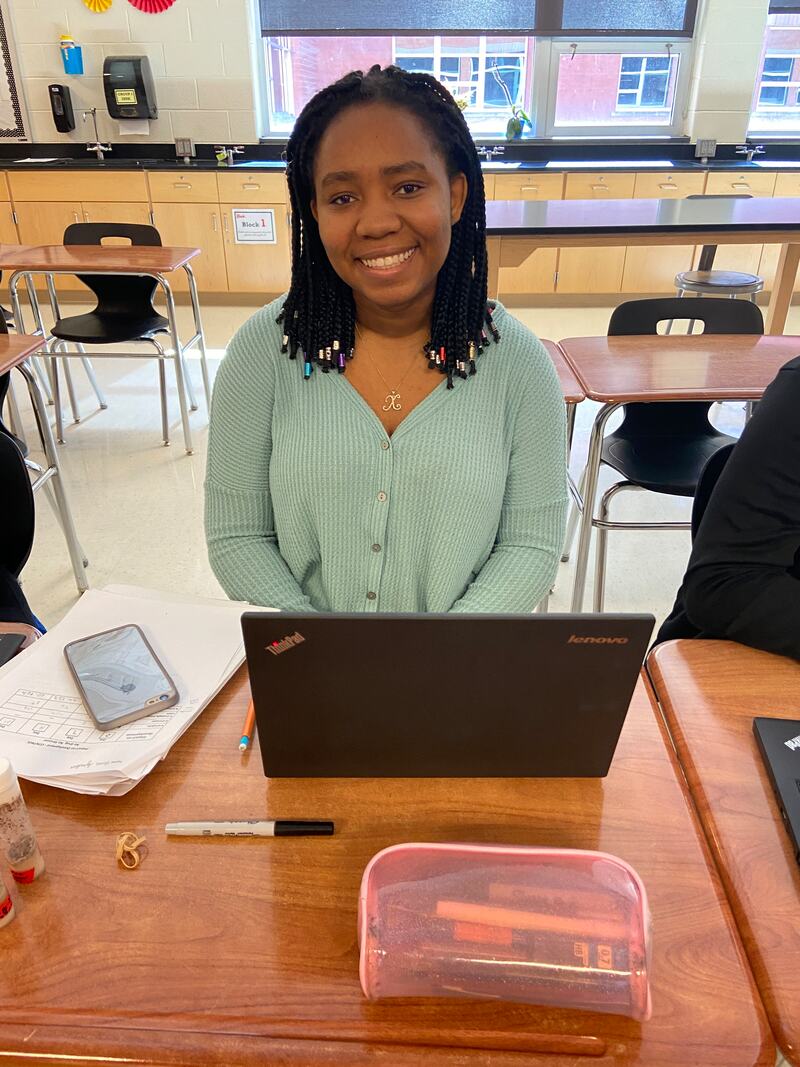
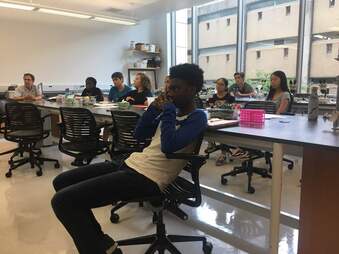
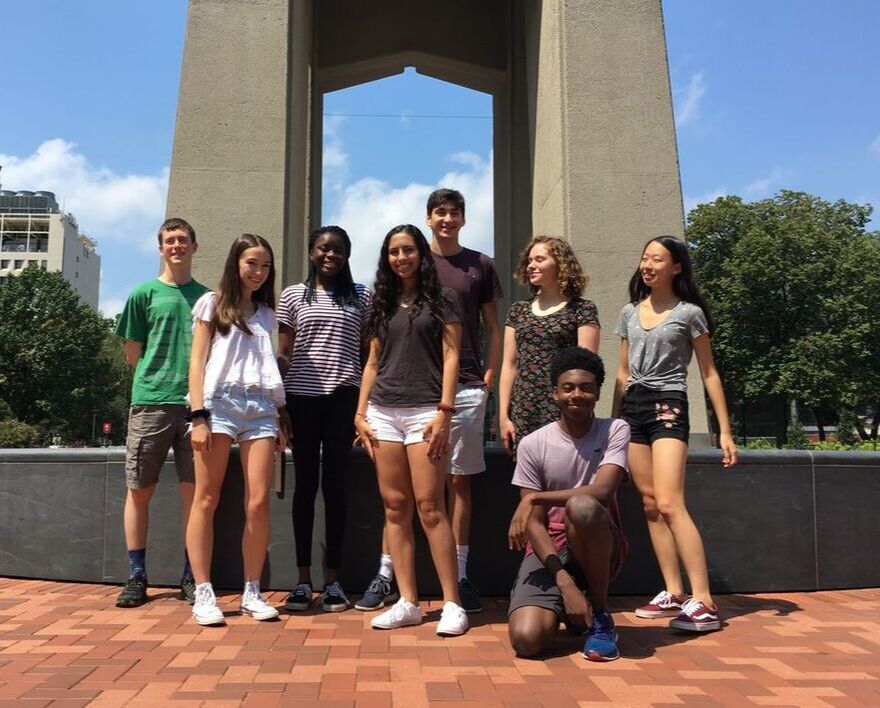
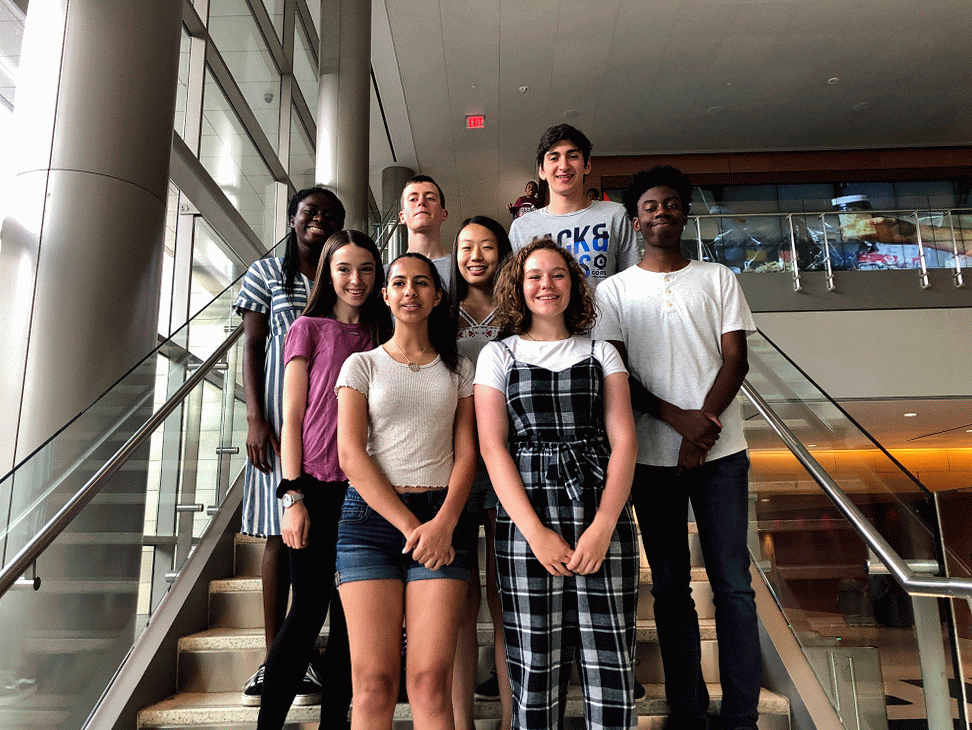
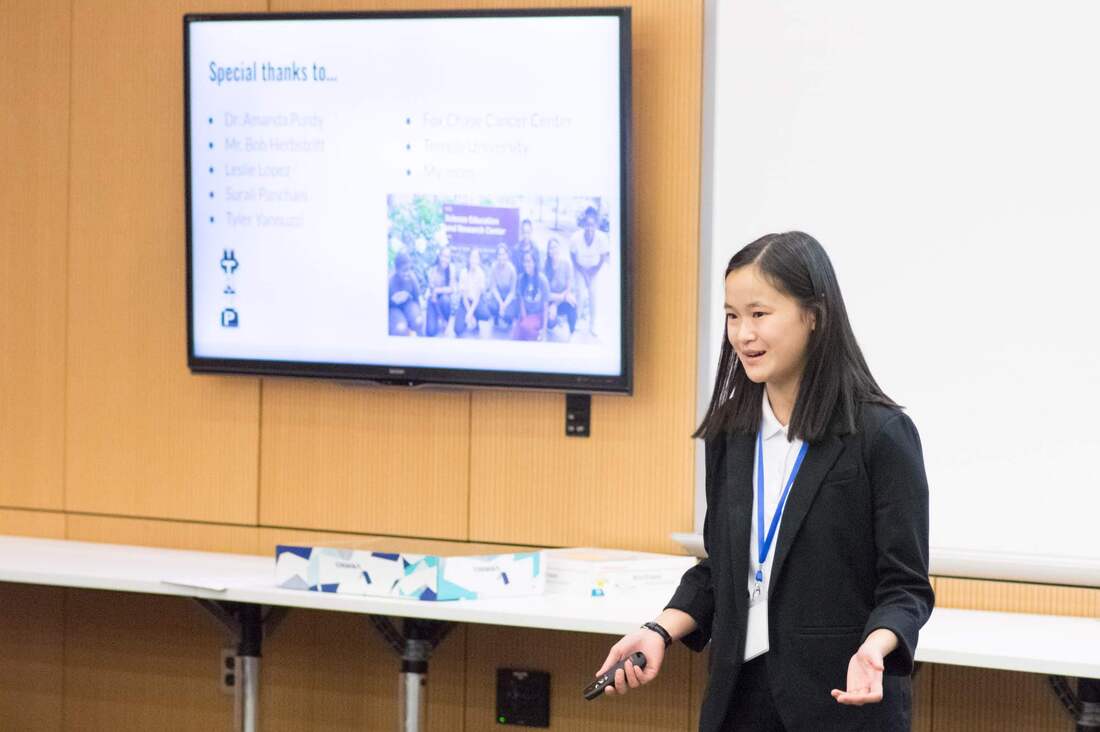
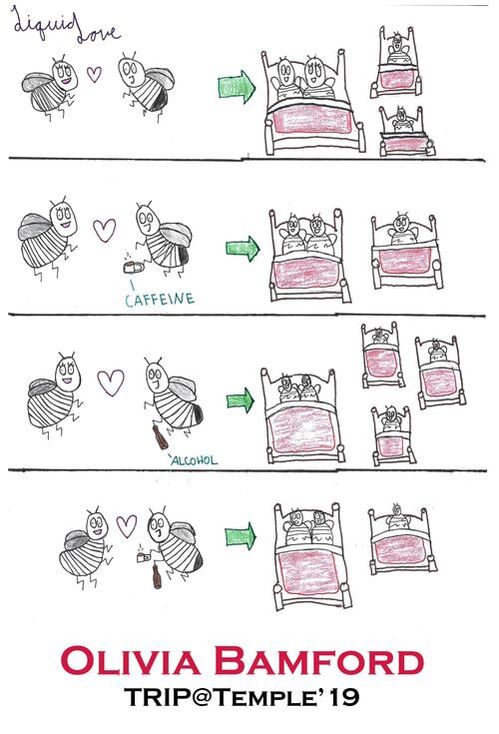
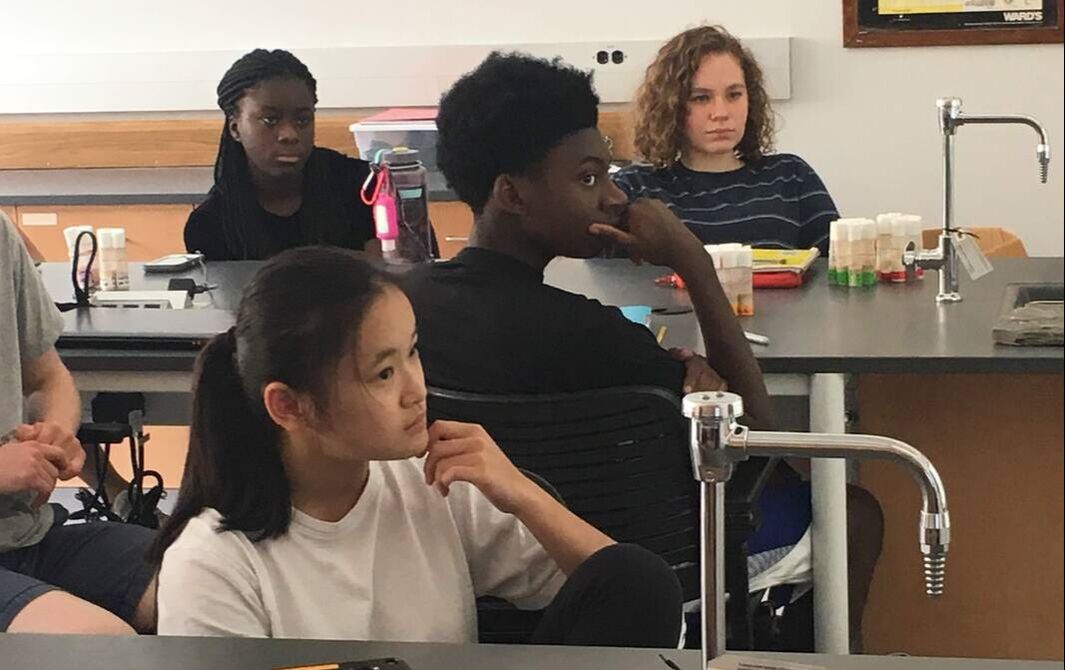
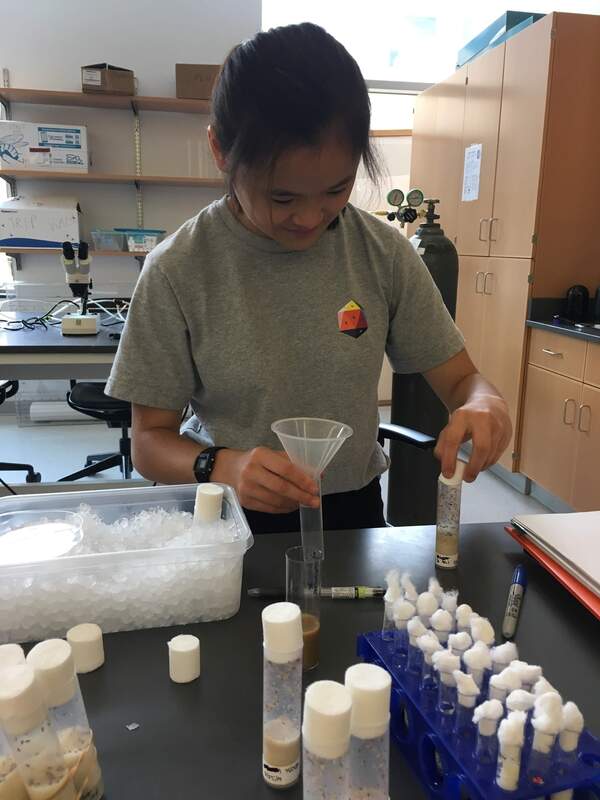
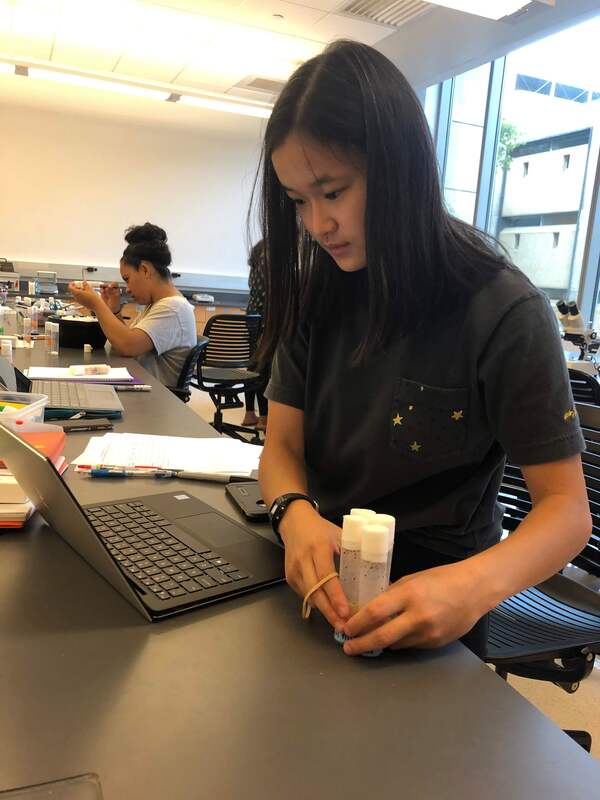
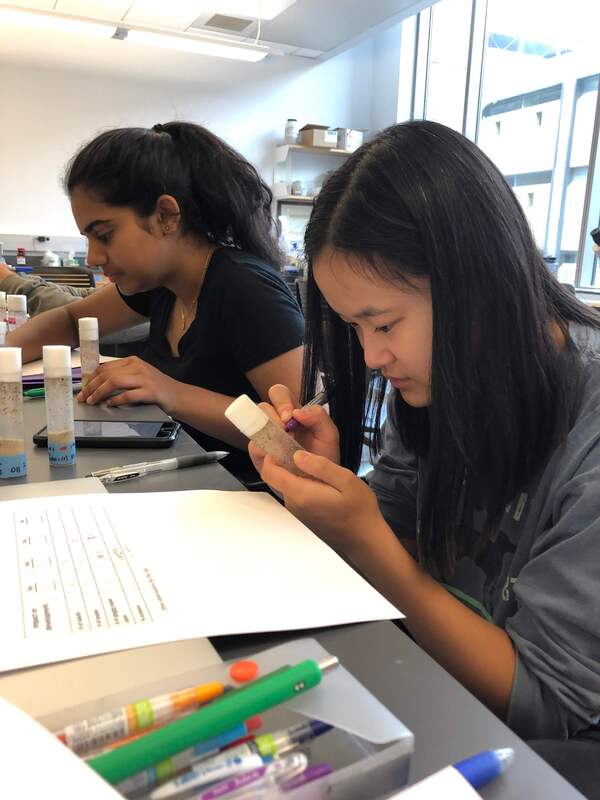
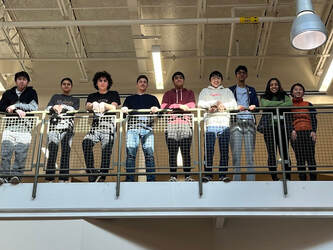
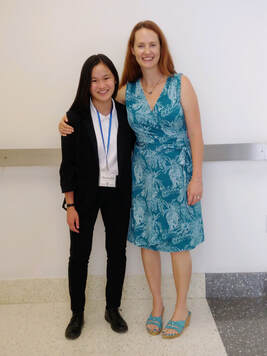
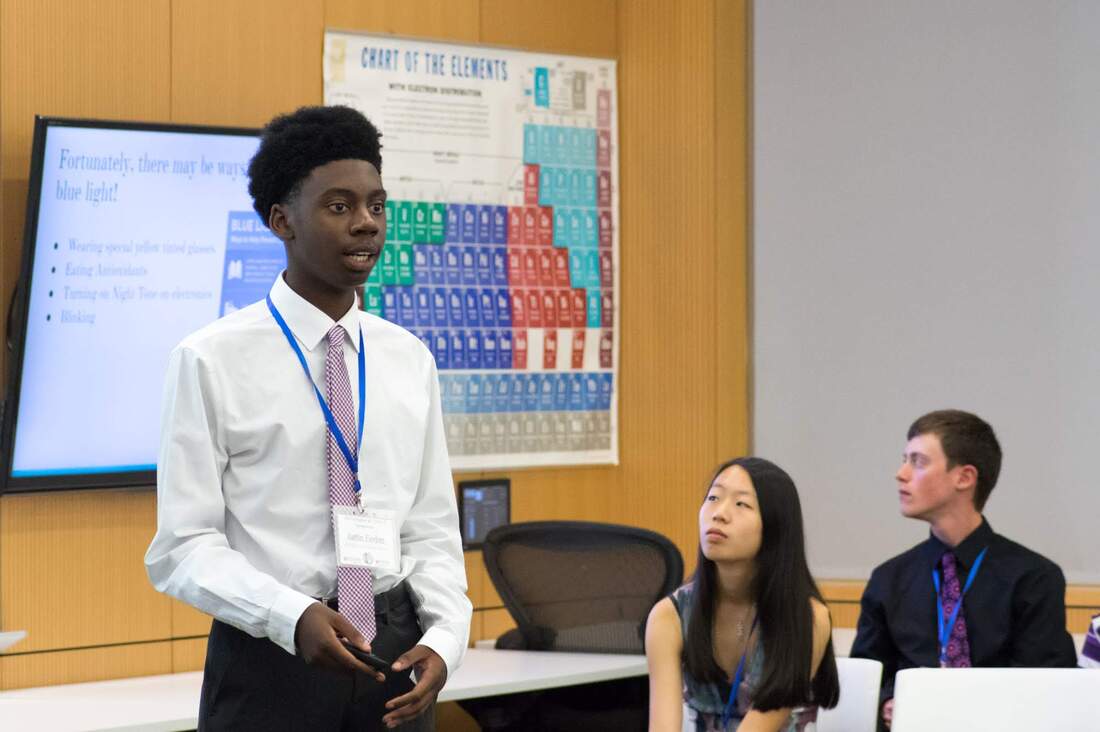
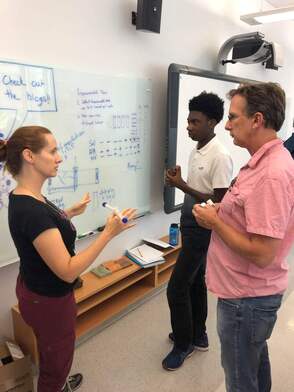
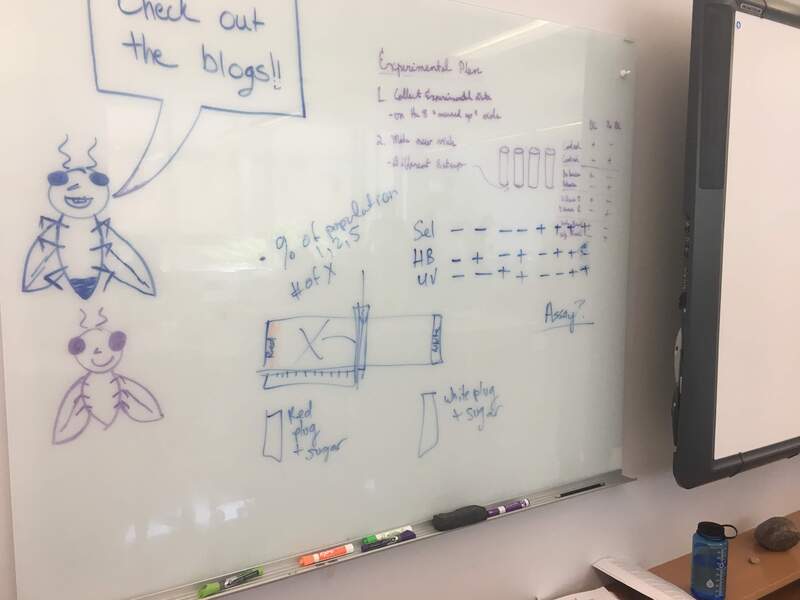
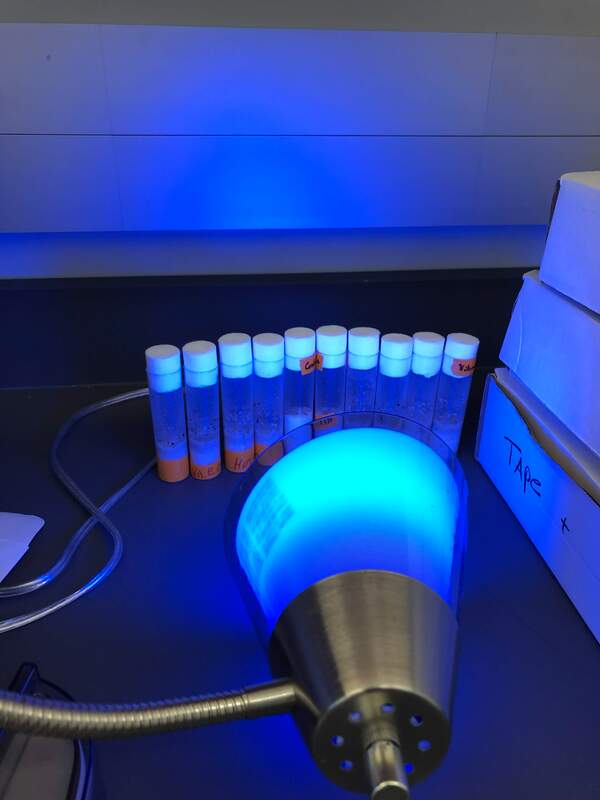
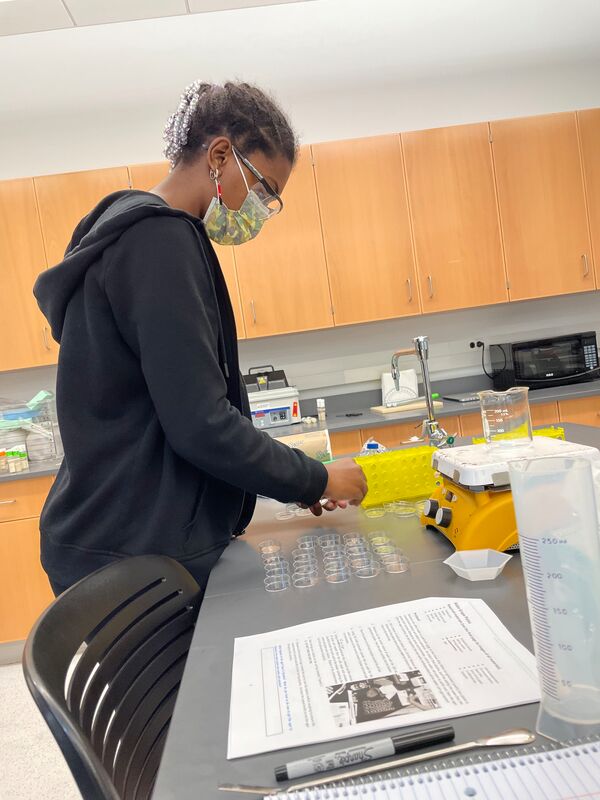
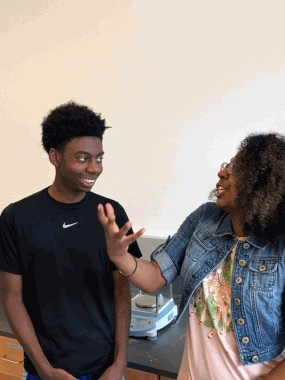
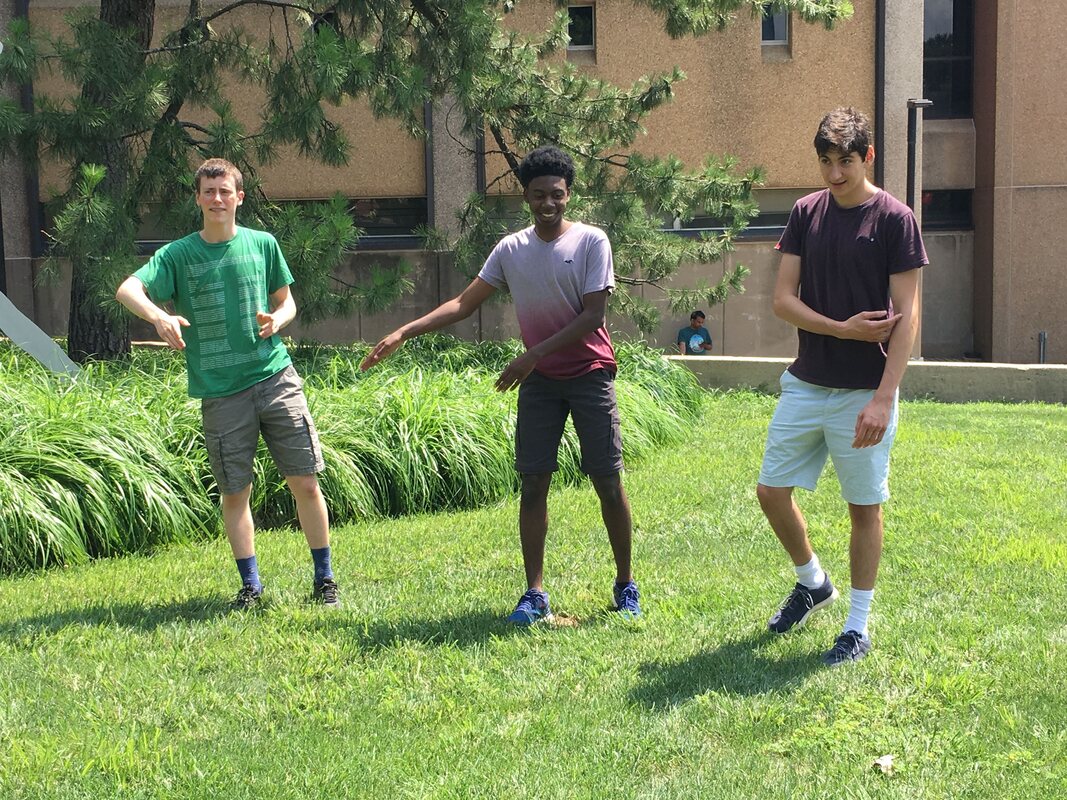
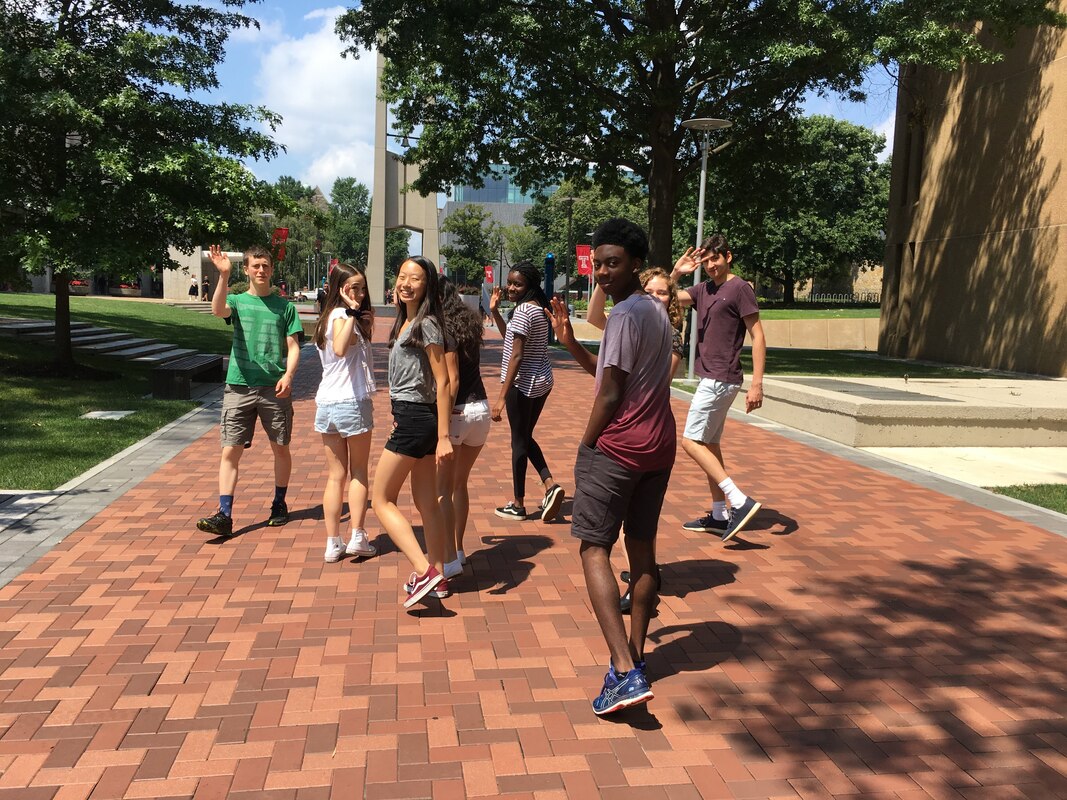
 RSS Feed
RSS Feed